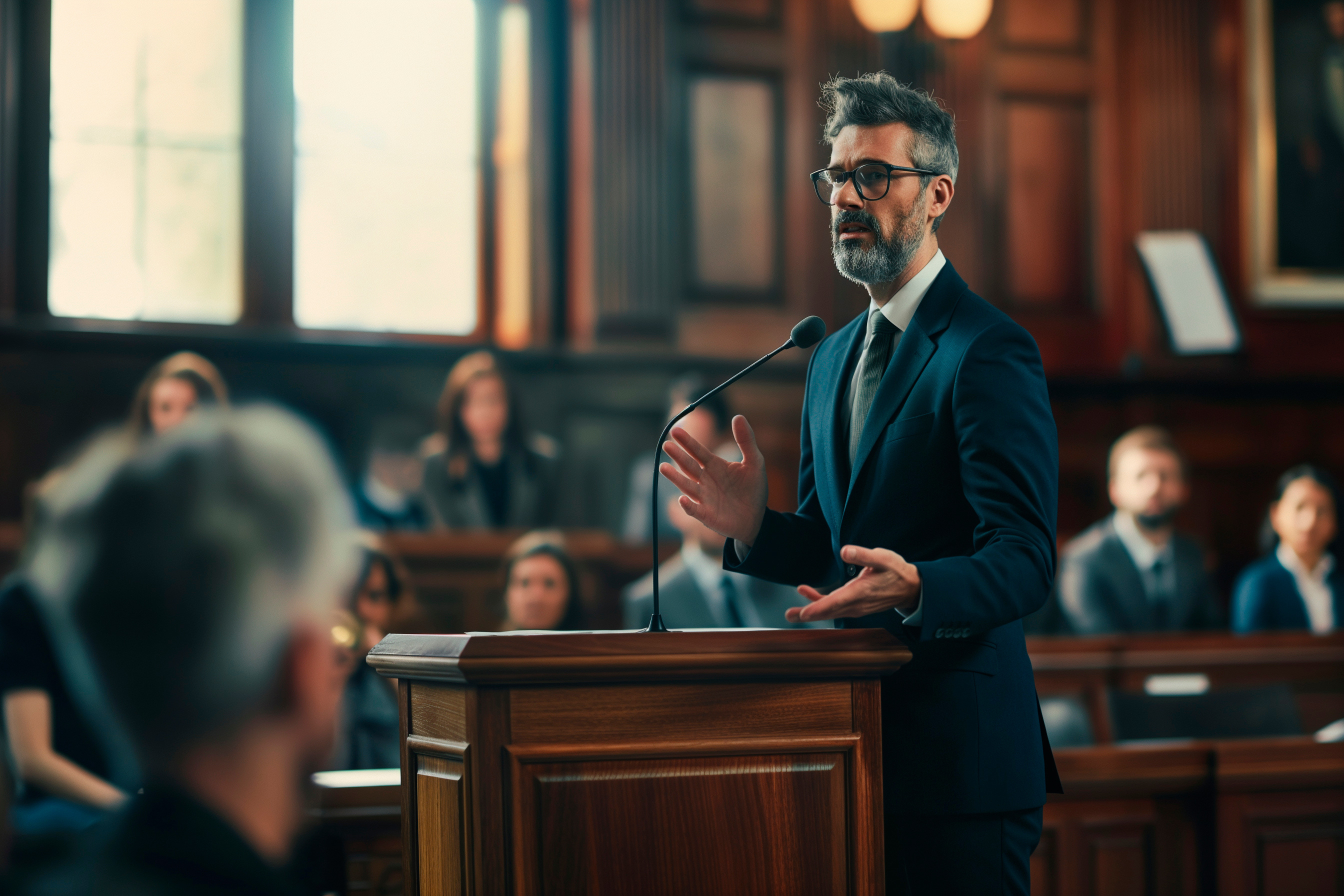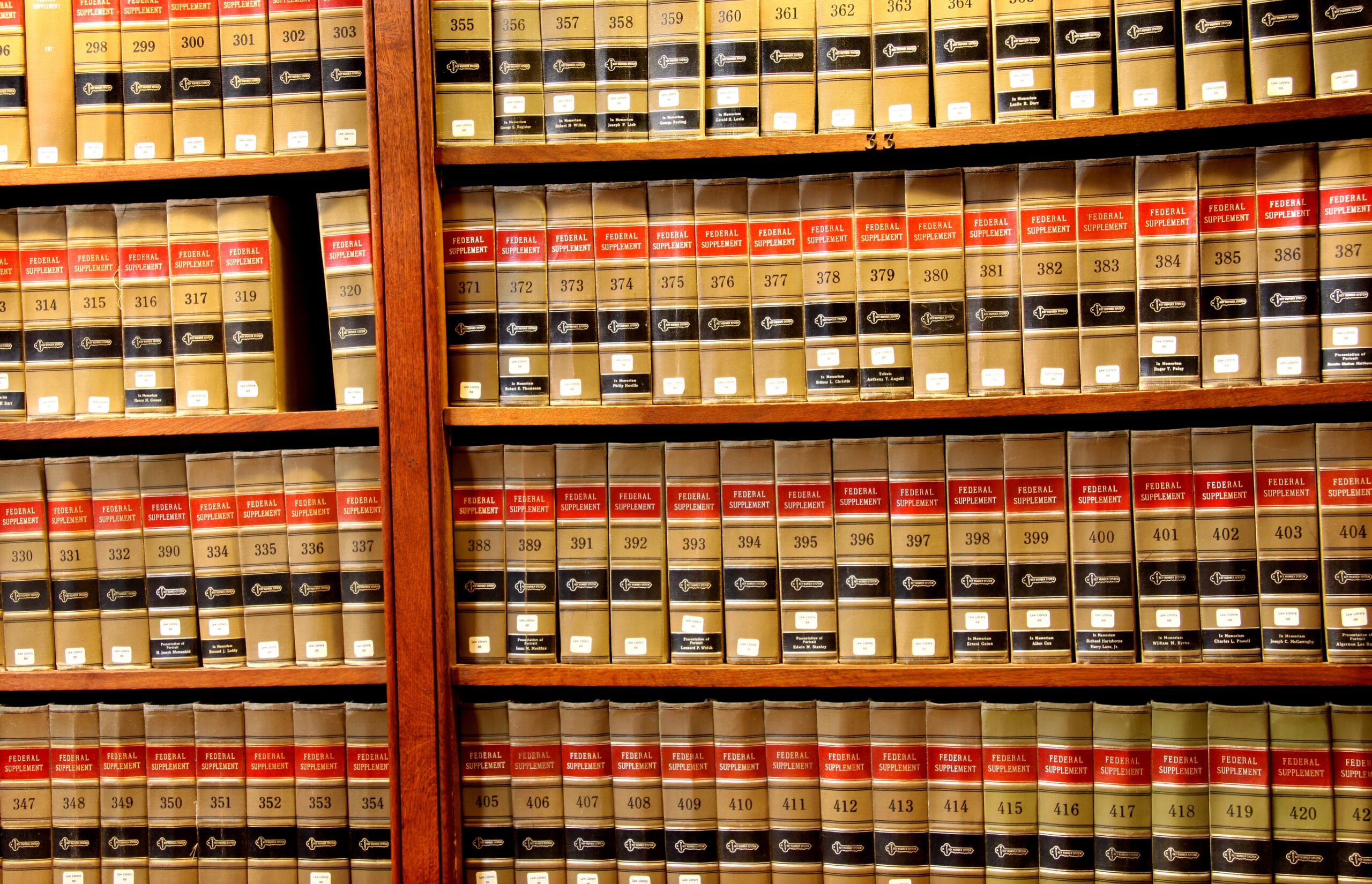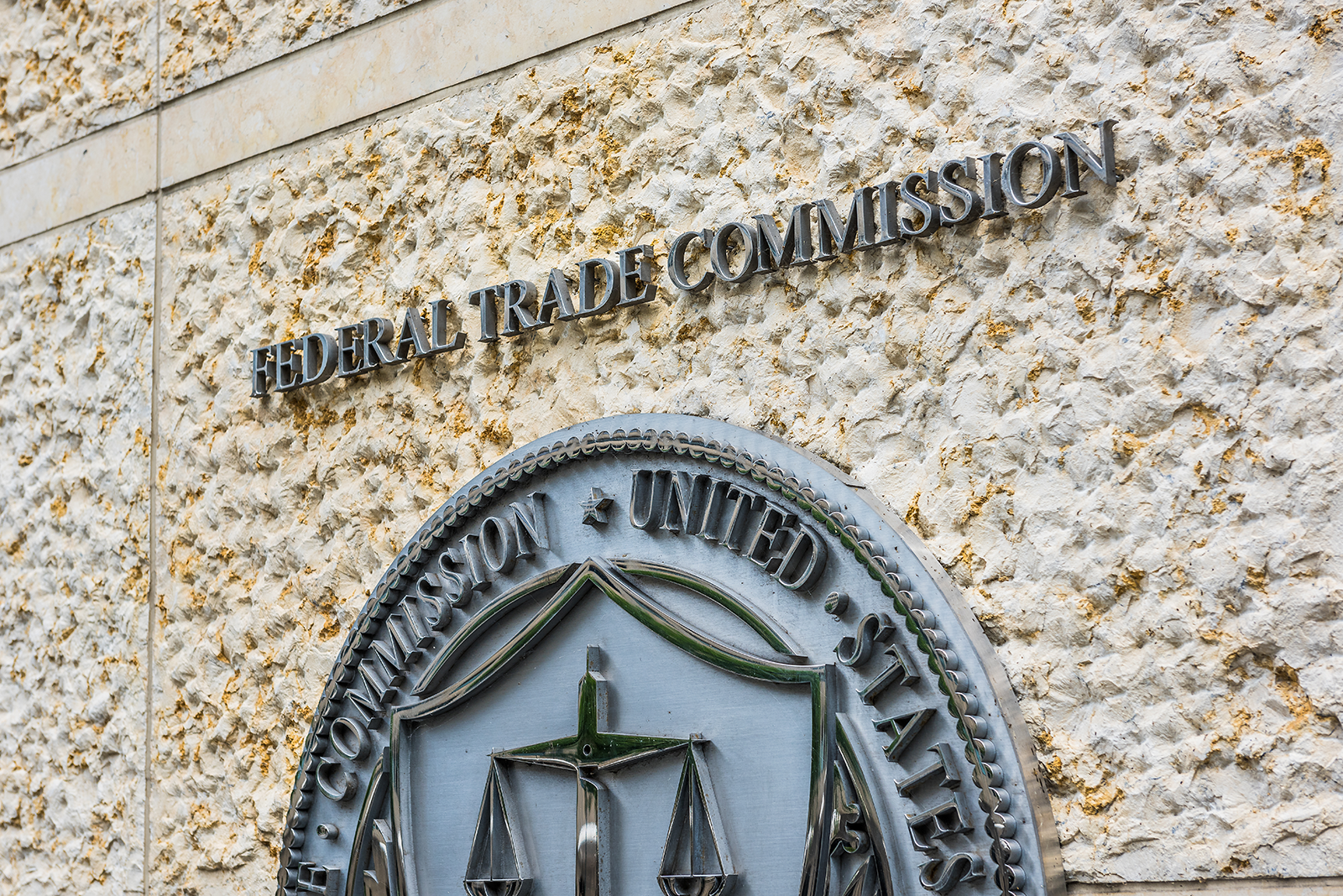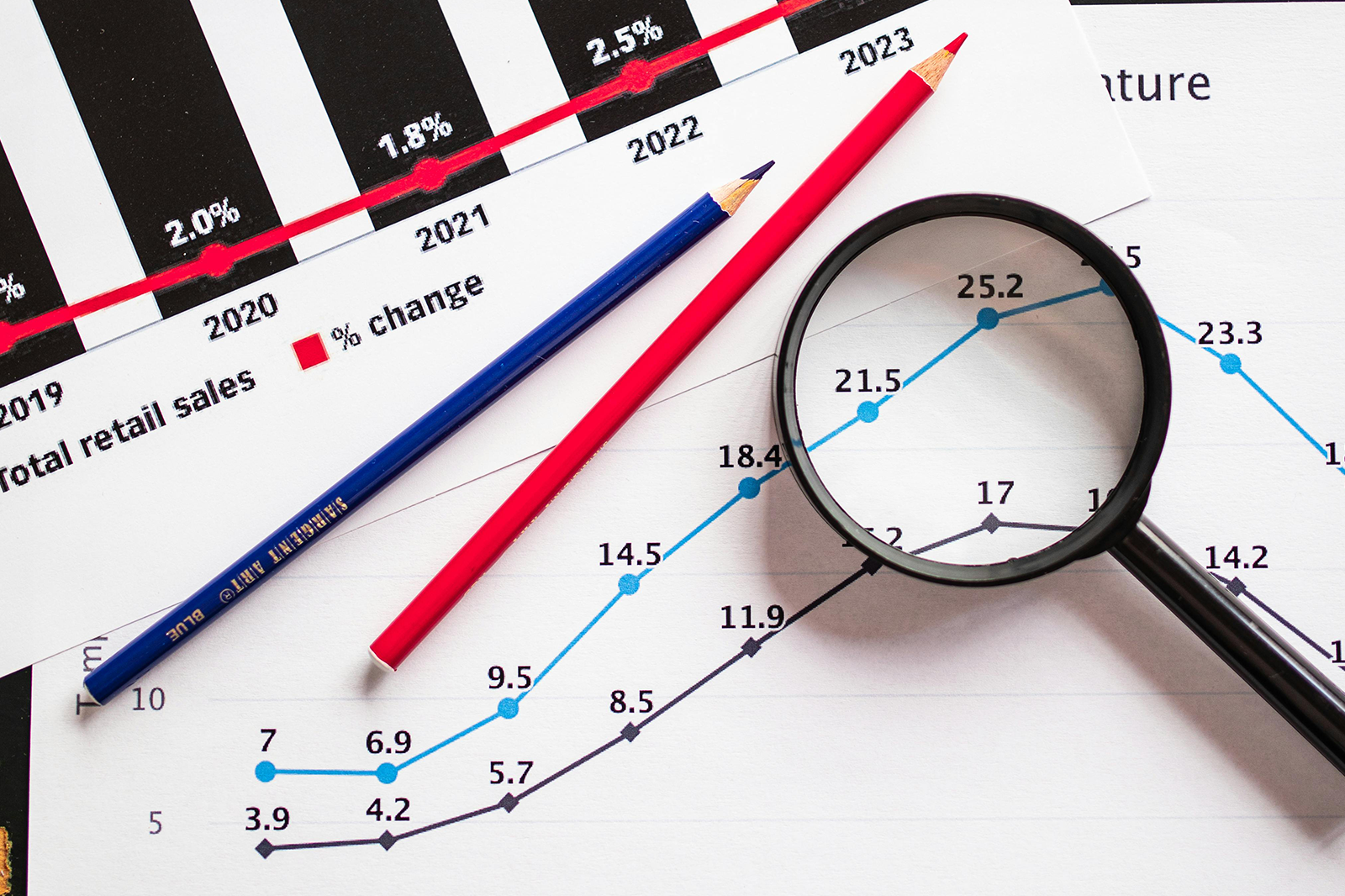Sir Marcus Smith, President of the Competition Appeal Tribunal, has expressed concerns over the way economists give evidence in competition cases. Namely, economists do not understand and adhere to the rules of evidence, and their use of statistical evidence differs from how lawyers and judges think about evidence. Here I respond to these claims as an economist expert witness to show that the ‘interplanetary divide’ between lawyers and economists is not as stark as portrayed and can be reconciled and accommodated.
Sir Marcus Smith’s, President of the Competition Appeal Tribunal (CAT), has expressed ‘entirely personal’ but well-known views on the relationship between lawyers and economists in competition cases.These are frank insights from a senior sitting judge expressed in a deliberately provocative article with the title ‘Lawyers come from Mars, and economists come from Venus – or is it the other way around?’ They require a reasoned response from those he believes occupy a different orbit.
As the role of economic evidence has increased so too has the complexity of competition cases generating challenges for the courts, lawyers, parties and experts. Stricter adherence to the rules of evidence is not however the key to regulating expert evidence. The CAT has an arsenal of possible controls and is innovating new procedural rules to encourage the relevance and proportionality of expert evidence. The interpretation of statistical evidence poses a challenge for the parties and the court. The challenge comes not so much from its technical nature and different concepts of proof but the selective presentation of results that favour the experts’ respective clients which impair its probative value as shown in Royal Mail. The court can be expected to respond by developing clear protocols for the admissibility of such evidence.





